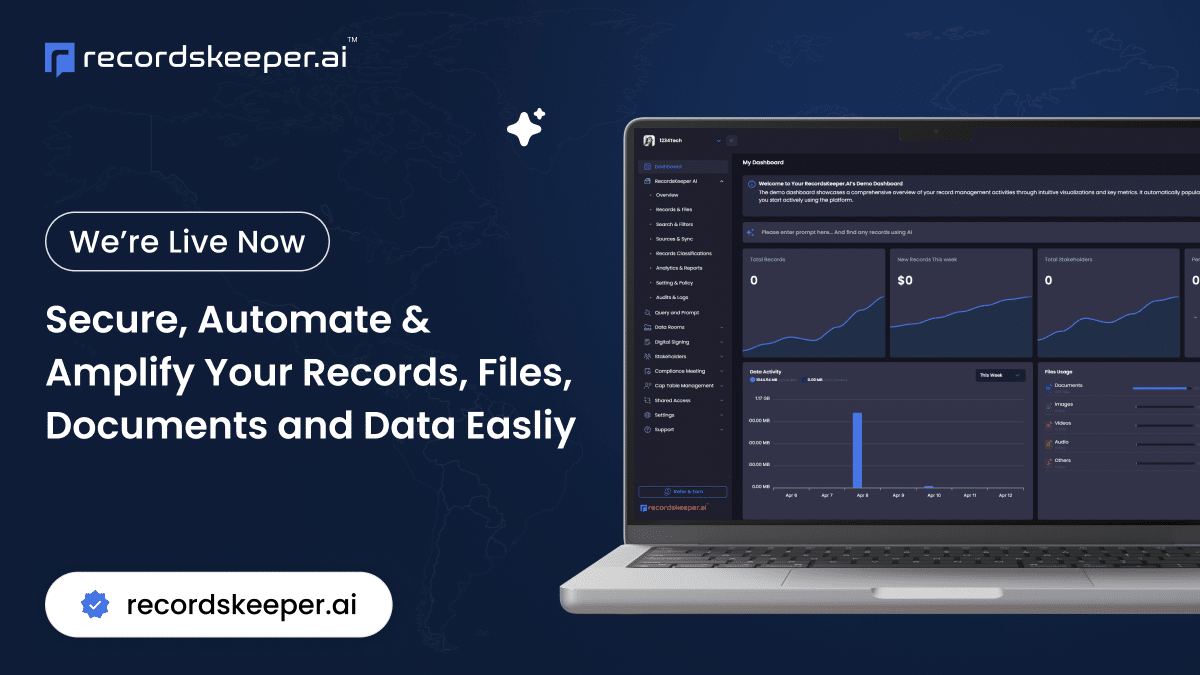In an era where data drives decision-making, electronic medical records (EMRs) have become indispensable in modern healthcare. The paradigm of open electronic medical records is gaining traction, offering both promising opportunities and serious considerations. As the founder of RecordsKeeper.AI, a platform at the cutting edge of record management reform, I’ve witnessed firsthand the unfolding impact of this technology on healthcare IT security. Let’s delve into the dynamics of open electronic medical records, exploring their advantages, limitations, and security implications.
Understanding Open Electronic Medical Records
Open electronic medical records are EMR systems developed using open-source software. Unlike proprietary EMRs, they allow healthcare facilities to modify and customize the software to meet specific needs. This flexibility is a significant drawcard, allowing organizations to innovate without being tied to vendor-specific limitations or exorbitant fees.
Pros of Open Electronic Medical Records
There are several compelling benefits to adopting open-source EMRs:
- Cost-Effective: With open electronic medical records, there are no high upfront costs or licensing fees, which makes it accessible for smaller practices or institutions with limited budgets.
- Flexibility and Customization: Healthcare providers are not confined to a one-size-fits-all model. They can adapt the system to suit their unique workflows, creating a more efficient practice.
- Community Support: Open-source platforms often come with robust support from a community of developers who continuously work to improve and update the system based on real-world inputs.
The Cons and Considerations
However, open electronic medical records are not without drawbacks:
- Technical Requirement: Implementation and maintenance require a level of technical expertise that might not be available in all healthcare settings. It’s crucial to have IT professionals capable of managing the system.
- Interoperability Issues: Despite being an open system, integrating with other healthcare systems can pose challenges due to lack of standardization.
- Regulatory Compliance: Navigating compliance with regulations like HIPAA can be complex, requiring ongoing vigilance to ensure that modifications do not breach data protection laws.
Healthcare IT Security Risks
The security of patient data is paramount. Here, the stakes are profoundly high. Open electronic medical records introduce potential vulnerabilities that must be addressed:
- Data Breaches: Open systems can become targets for malicious actors who exploit vulnerabilities, risking sensitive health data.
- Malware and Ransomware: Unsecured systems are notoriously susceptible to malware attacks, which can disrupt hospital operations and potentially lead to life-threatening circumstances.
- Access Management: A comprehensive strategy is necessary to ensure that only authorized personnel can access sensitive medical records. Implementing strict access controls is non-negotiable.
Balancing Benefits and Risks with RecordsKeeper.AI
Given these considerations, how does one leverage the advantages of open electronic medical records while mitigating risks? This is where platforms like RecordsKeeper.AI become invaluable. By integrating AI and blockchain technology, we enhance both the efficiency and security of EMR systems.
- Automated Security Audits: Consistent and automated auditing through AI to track access and quickly identify any unauthorized activities.
- Blockchain for Data Integrity: Using blockchain technology to ensure that any changes to the records are immutably recorded, providing a transparent history of alterations.
- Compliance Management: Integrated tools designed to automate compliance processes make it easier for institutions to adhere to essential healthcare regulations like HIPAA.
In conclusion, while the prospect of employing open electronic medical records offers exciting potential for advancement in healthcare efficiency and patient care, it also demands a vigilant approach to security and compliance. RecordsKeeper.AI stands ready to support and safeguard these transitions. I encourage healthcare leaders to embrace the transformation responsibly, leveraging the technology while fiercely protecting patient data.
Follow me, Toshendra Sharma, for more insights and guidance on how to navigate the future landscape of healthcare technology. Together, we can harness the power of innovation while keeping our patients’ trust intact.








